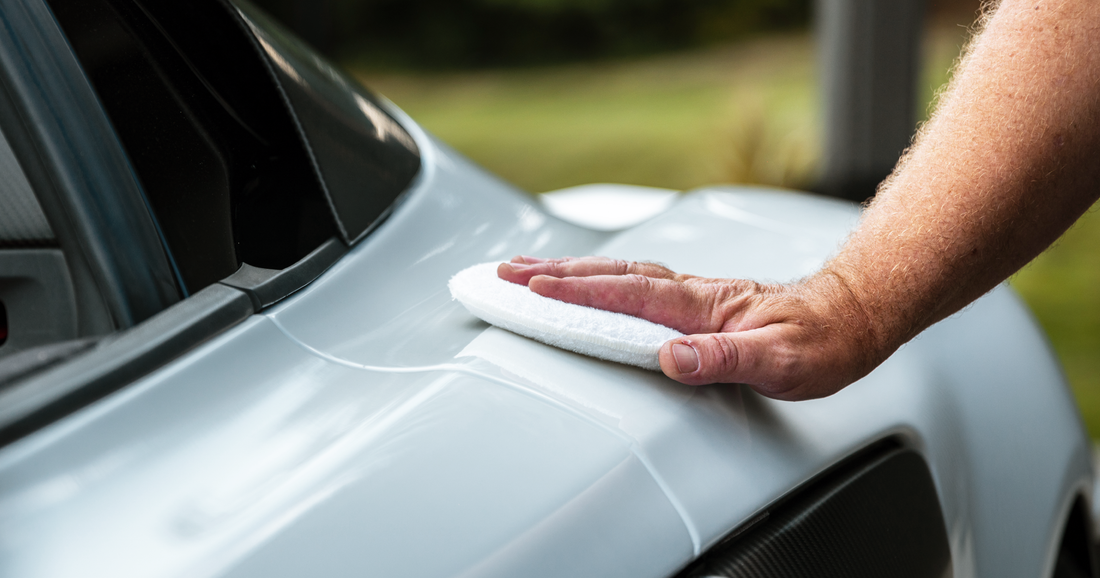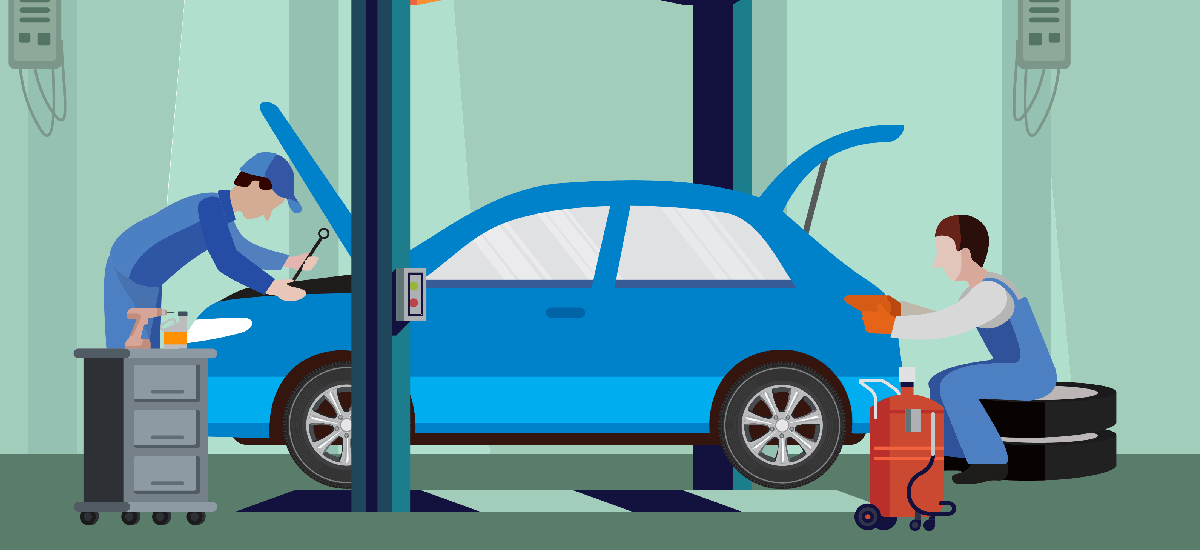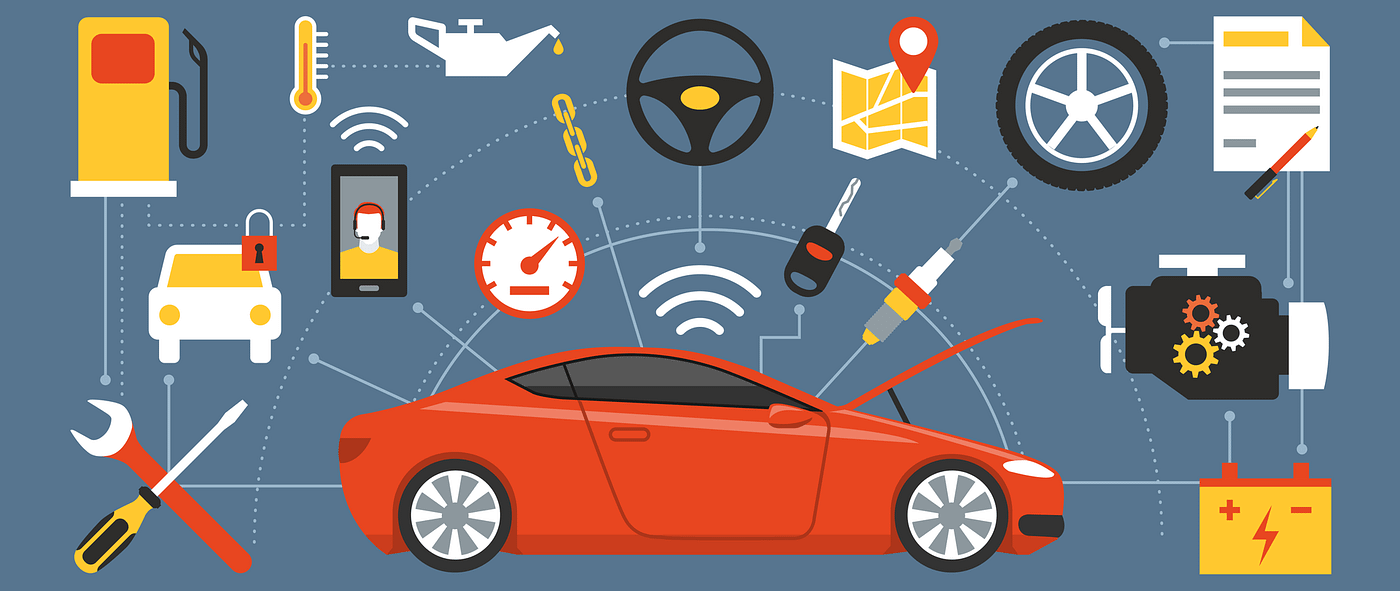All Categories
Featured
When your auto gets too hot, it can really feel like a significant emergency situation, however remaining tranquil and following the appropriate actions can prevent severe engine damage and help obtain you back when traveling safely. In this message, we'll discover what to do if your automobile overheats and supply preventative suggestions to reduce the danger of overheating in the future.
If Your Car Overheats,What to Do. Pull Over to a Safe Location The very first and essential action if your vehicle begins to get too hot is to pull over to a safe place immediately. Activate your hazard lights and lead your lorry to the shoulder or into a parking great deal. Maintaining your automobile running while it's overheated can trigger severe damage to the engine, so it's essential to shut the engine off right away.
Allow the Engine Cool Once you have actually securely stopped, allow the engine to cool. You should never attempt to open the radiator cap while the engine is still warm, as the release of steam or warm coolant can trigger burns. Wait at the very least 15-20 mins to enable the engine temperature to go down to a much safer level prior to proceeding.
![]()
Examine the Coolant Degree After the engine has cooled, examine the coolant levels by evaluating the reservoir or radiator. Leading it off with a blend of coolant and water (as defined by your lorry's maker) if it's low. Always use care when opening the coolant reservoir, as stress may have accumulated.
Seek Visible Leaks While you await the engine to cool down, visually examine the radiator, pipes, and coolant storage tank for any type of visible leaks or fractures. A dripping radiator or hose is a common cause of overheating. If you discover a considerable leakage, it's better to call a tow solution than threat driving better and creating additional damages.
Reboot the Engine After enabling the engine to cool and guaranteeing the coolant is rounded off, start the engine and keep an eye on the temperature level scale. If the temperature continues to climb quickly, it's ideal to shut the engine off and ask for roadside aid or a tow to the local mechanic.
![]()
How to stop Overheating in the Future. Routinely Check Coolant Degrees Among the easiest ways to avoid getting too hot is by maintaining the appropriate level of coolant. Over time, coolant can evaporate, so consistently examine the coolant levels in the storage tank. Low coolant levels can trigger the engine to get too hot swiftly, so top it off as needed.
Inspect the Radiator The radiator plays an essential function in maintaining the engine cool. Periodically check the radiator for any type of obstructions, dirt, or debris that could block air movement. If you notice any kind of indications of damage, such as rust or leakages, have it repaired or replaced asap.
Replace the Thermostat and Water Pump A malfunctioning thermostat or water pump is a typical root cause of overheating. The thermostat controls the circulation of coolant, while the water pump circulates it via the engine. If either component is damaged, it can protect against appropriate air conditioning. When needed., have your mechanic inspect these parts regularly and replace them.
Flush the Air conditioning System In time, coolant can deteriorate and end up being inefficient, causing an accumulation of debris in the system. Flushing the air conditioning system every 30,000 miles, or as suggested in your lorry's guidebook, aids to get rid of any type of sludge or build-up and ensures the cooling system is operating appropriately.
Monitor the Problem of the Pipes The pipes in your automobile's air conditioning system can break or split with time. Inspect the tubes for any indications of wear, such as protruding, splits, or leakages, and replace them if needed. Avoiding coolant leaks can go a lengthy method in staying clear of getting too hot.
![]()
Drive Sensibly Hostile driving, such as increasing swiftly or driving at high speeds, places additional pressure on your engine and its cooling system. Attempt to drive at moderate speeds, specifically on hot days or when driving on high slopes, to reduce the possibilities of getting too hot.
Stay Clear Of Overwhelming Your Vehicle Lugging too much weight in your lorry puts stress and anxiety on the engine and air conditioning system. Always be mindful of your lorry's weight restriction, specifically if you're carrying heavy loads, pulling a trailer, or driving fars away in heat.
Verdict. An overheating car can be a frightening experience, yet understanding exactly how to react and stop it can conserve you time, money, and prospective engine damage. Always check your coolant degrees, examine crucial components like the radiator, thermostat, and pipes, and follow a normal upkeep routine. By remaining on top of your automobile's cooling system, you can minimize the risk of getting too hot and enjoy a smoother, more secure driving experience.
If Your Car Overheats,What to Do. Pull Over to a Safe Location The very first and essential action if your vehicle begins to get too hot is to pull over to a safe place immediately. Activate your hazard lights and lead your lorry to the shoulder or into a parking great deal. Maintaining your automobile running while it's overheated can trigger severe damage to the engine, so it's essential to shut the engine off right away.
Allow the Engine Cool Once you have actually securely stopped, allow the engine to cool. You should never attempt to open the radiator cap while the engine is still warm, as the release of steam or warm coolant can trigger burns. Wait at the very least 15-20 mins to enable the engine temperature to go down to a much safer level prior to proceeding.

Examine the Coolant Degree After the engine has cooled, examine the coolant levels by evaluating the reservoir or radiator. Leading it off with a blend of coolant and water (as defined by your lorry's maker) if it's low. Always use care when opening the coolant reservoir, as stress may have accumulated.
Seek Visible Leaks While you await the engine to cool down, visually examine the radiator, pipes, and coolant storage tank for any type of visible leaks or fractures. A dripping radiator or hose is a common cause of overheating. If you discover a considerable leakage, it's better to call a tow solution than threat driving better and creating additional damages.
Reboot the Engine After enabling the engine to cool and guaranteeing the coolant is rounded off, start the engine and keep an eye on the temperature level scale. If the temperature continues to climb quickly, it's ideal to shut the engine off and ask for roadside aid or a tow to the local mechanic.

How to stop Overheating in the Future. Routinely Check Coolant Degrees Among the easiest ways to avoid getting too hot is by maintaining the appropriate level of coolant. Over time, coolant can evaporate, so consistently examine the coolant levels in the storage tank. Low coolant levels can trigger the engine to get too hot swiftly, so top it off as needed.
Inspect the Radiator The radiator plays an essential function in maintaining the engine cool. Periodically check the radiator for any type of obstructions, dirt, or debris that could block air movement. If you notice any kind of indications of damage, such as rust or leakages, have it repaired or replaced asap.
Replace the Thermostat and Water Pump A malfunctioning thermostat or water pump is a typical root cause of overheating. The thermostat controls the circulation of coolant, while the water pump circulates it via the engine. If either component is damaged, it can protect against appropriate air conditioning. When needed., have your mechanic inspect these parts regularly and replace them.
Flush the Air conditioning System In time, coolant can deteriorate and end up being inefficient, causing an accumulation of debris in the system. Flushing the air conditioning system every 30,000 miles, or as suggested in your lorry's guidebook, aids to get rid of any type of sludge or build-up and ensures the cooling system is operating appropriately.
Monitor the Problem of the Pipes The pipes in your automobile's air conditioning system can break or split with time. Inspect the tubes for any indications of wear, such as protruding, splits, or leakages, and replace them if needed. Avoiding coolant leaks can go a lengthy method in staying clear of getting too hot.

Drive Sensibly Hostile driving, such as increasing swiftly or driving at high speeds, places additional pressure on your engine and its cooling system. Attempt to drive at moderate speeds, specifically on hot days or when driving on high slopes, to reduce the possibilities of getting too hot.
Stay Clear Of Overwhelming Your Vehicle Lugging too much weight in your lorry puts stress and anxiety on the engine and air conditioning system. Always be mindful of your lorry's weight restriction, specifically if you're carrying heavy loads, pulling a trailer, or driving fars away in heat.
Verdict. An overheating car can be a frightening experience, yet understanding exactly how to react and stop it can conserve you time, money, and prospective engine damage. Always check your coolant degrees, examine crucial components like the radiator, thermostat, and pipes, and follow a normal upkeep routine. By remaining on top of your automobile's cooling system, you can minimize the risk of getting too hot and enjoy a smoother, more secure driving experience.
Latest Posts
Uncover Top Auto Repair Care offered by Montclare Auto Repair – Quality Service Today
Published May 29, 25
1 min read
Join WyHy Federal Credit Union – Smart Money Management for Your Money Goals
Published May 25, 25
1 min read
Uncover Reduce Expenses on Car Maintenance with Montclare Auto Repair’s Special Deals
Published May 23, 25
1 min read
More
Latest Posts
Uncover Top Auto Repair Care offered by Montclare Auto Repair – Quality Service Today
Published May 29, 25
1 min read
Join WyHy Federal Credit Union – Smart Money Management for Your Money Goals
Published May 25, 25
1 min read
Uncover Reduce Expenses on Car Maintenance with Montclare Auto Repair’s Special Deals
Published May 23, 25
1 min read